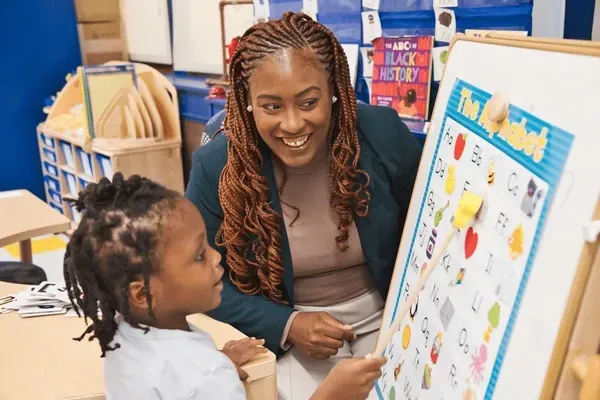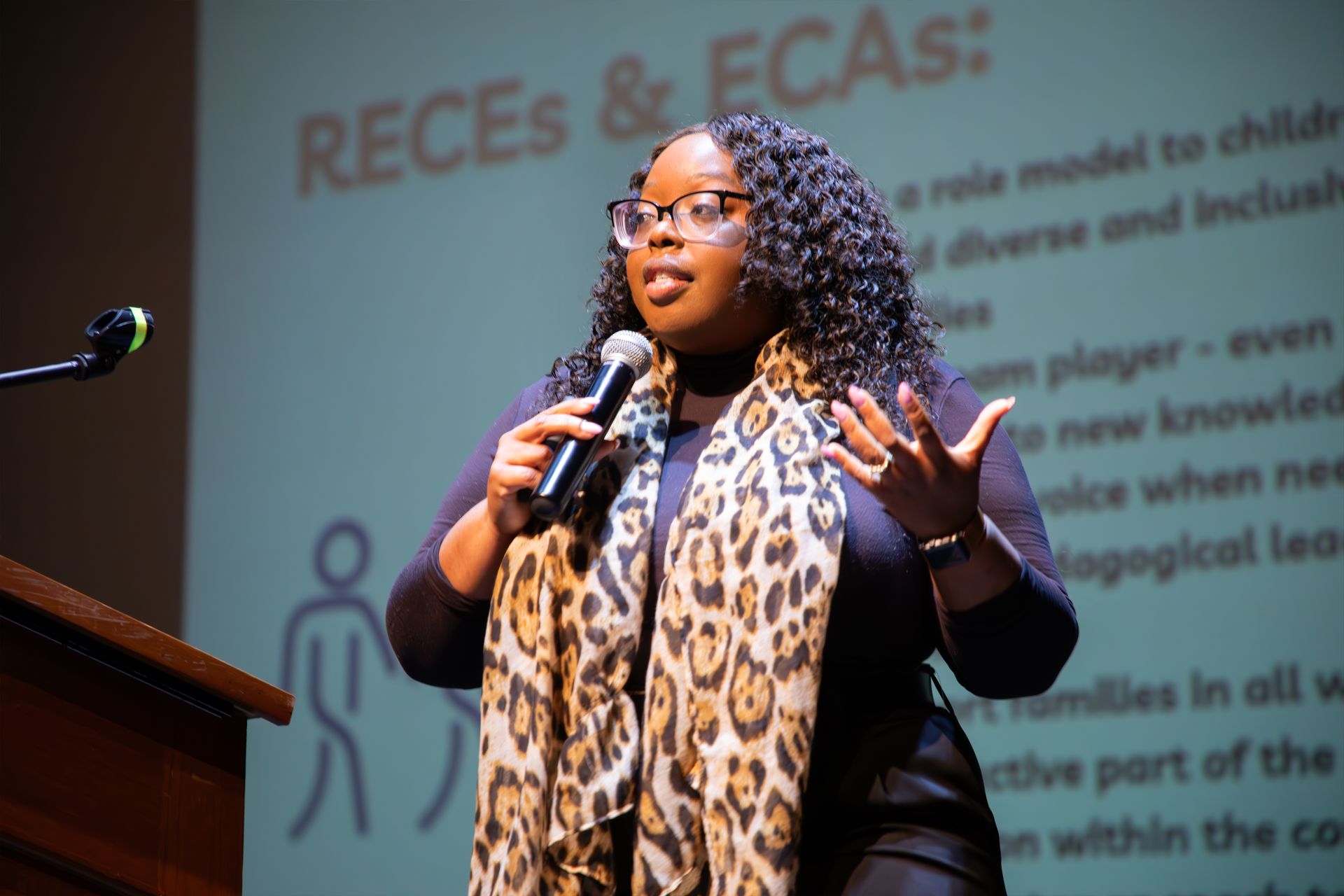Beyond the Checklist: Creative & Transformational Onboarding for Early Childhood Educators

Welcoming new Early Childhood Educators (ECEs) and staff into your center is more than just handing them a policy manual and showing them the breakroom. A strong, innovative onboarding process sets the foundation for their success, increases retention, and fosters a positive workplace culture. Yet, research shows that onboarding remains a challenge in many early childhood settings.
The Challenge of Onboarding in Early Childhood Education
A 2022 report from the Society for Human Resource Management (SHRM) found that nearly 30% of new employees leave a job within the first 90 days, with lack of proper onboarding and insufficient mentorship being key reasons. In early childhood education, this is especially concerning, as new hires must quickly adapt to a fast-paced environment while learning center policies, child development best practices, and team collaboration strategies.
Traditional onboarding methods often focus on paperwork and compliance, missing the opportunity to engage new educators in meaningful ways. To combat high turnover and ensure new hires feel supported, early childhood leaders must embrace innovative and unconventional onboarding strategies that foster connection, growth, and a sense of belonging from the start.

1. Mentorship as the Cornerstone of Onboarding
Mentorship is not just a bonus—it should be a core component of onboarding. Assign each new hire a seasoned team member who acts as a guide, sounding board, and peer coach. This creates an instant support system and helps new staff integrate smoothly into the workplace culture.
Mentorship Best Practices:
- Pair new ECEs with mentors who match their interests and strengths.
- Establish a structured mentorship plan with weekly check-ins for the first three months.
- Encourage shadowing opportunities where new staff can observe best practices in action.
2. A ‘Welcome to Your First 30 Days’ Roadmap
New hires often feel overwhelmed by the flood of information they receive in their first few weeks. Instead of handing them a thick onboarding manual, create a visual roadmap that outlines key milestones, check-ins, and goals for their first 30, 60, and 90 days.
Innovative ideas for the roadmap:
- Gamify it: Create an interactive digital version with quizzes, checklists, and rewards.
- Video-based welcome: Have leadership and peers record short, engaging welcome messages.
- Personalized approach: Tailor the roadmap based on the role and experience level of the new hire.
3. Onboarding Through Storytelling and Hands-On Learning
People learn best through stories and experiences. Instead of lengthy lectures, integrate storytelling into onboarding.
How to implement storytelling:
- Share real stories from veteran ECEs about their journey, challenges, and successes.
- Encourage new hires to share their own experiences and aspirations for their career.
- Use case studies or real-life scenarios to discuss problem-solving and teamwork.
Hands-on learning is equally essential. Ensure new hires experience active participation early on:
- Include role-playing activities for handling classroom situations.
- Allow them to co-teach a small group with a mentor within the first week.
- Use simulation exercises to practice emergency protocols and behavior management strategies.
4. A ‘New Staff Welcome Kit’ with a Twist
Move beyond the standard welcome kit. Instead of just providing handbooks and schedules, consider creating a personalized survival kit for new hires. Ideas include:
- A welcome letter from the team with handwritten notes from colleagues.
- A mini self-care package (tea, stress ball, affirmation cards).
- A staff scavenger hunt that encourages them to meet different team members and learn about the center in a fun way.
- A center playlist or podcast list curated by staff to introduce the workplace culture.
5. Leverage Technology for Seamless Onboarding
Many industries use tech-driven onboarding, and early childhood education should be no exception. Consider using:
- A private staff onboarding portal with video tutorials, FAQs, and interactive modules.
- Slack, WhatsApp, or Teams chat groups for new hires to connect and ask questions.
- Virtual onboarding sessions for flexible and ongoing learning.
6. Encourage New Staff to Take Ownership of Their Learning
Give new staff an active role in shaping their onboarding experience. Encourage them to set personal learning goals, document questions, and reflect on their progress.
Ideas for self-directed onboarding:
- Have new hires create a mini-presentation on an early childhood topic of interest.
- Assign them a small project, such as organizing a learning space or developing a classroom activity.
- Provide an open forum where they can propose improvements to the onboarding process based on their fresh perspective.
7. Community and Culture Building From Day One
New hires should feel like valued members of the community from the start. Some creative ways to build workplace culture include:
- Monthly ‘Get to Know You’ Lunches: Team members share fun facts and personal stories.
- Staff Spotlight: Introduce new hires through social media or internal newsletters.
- Welcome Ceremony: A small team gathering where new staff receive a warm welcome from leadership.
8. Continuous Check-Ins & Support Beyond the First Week
Many onboarding programs lose momentum after the first week. However, ongoing check-ins are crucial for retention and professional growth.
How to maintain ongoing support:
- 30-60-90 Day Check-Ins: Scheduled meetings to review progress, concerns, and achievements.
- Ask for Feedback: Provide a quick survey or discussion to refine onboarding strategies.
- Growth Opportunities: Offer professional development plans right from onboarding to show investment in career growth.
Elevate Your Onboarding Process with Our Resource!
We understand the challenges of onboarding and have created a resource to support you in designing a seamless and engaging experience. Download our ECC Onboarding Resource Here to access step-by-step guidance, templates, and best practices tailored for early childhood leaders.
Final Thoughts
A transformational onboarding experience not only ensures new ECEs and staff are well-prepared but also enhances engagement, job satisfaction, and retention. By prioritizing mentorship, active learning, culture-building, and innovative onboarding techniques, you set your team up for long-term success.
We have an ECC Onboarding Toolkit to help you create a seamless and engaging experience for new staff. Download it here and elevate your onboarding process today!





